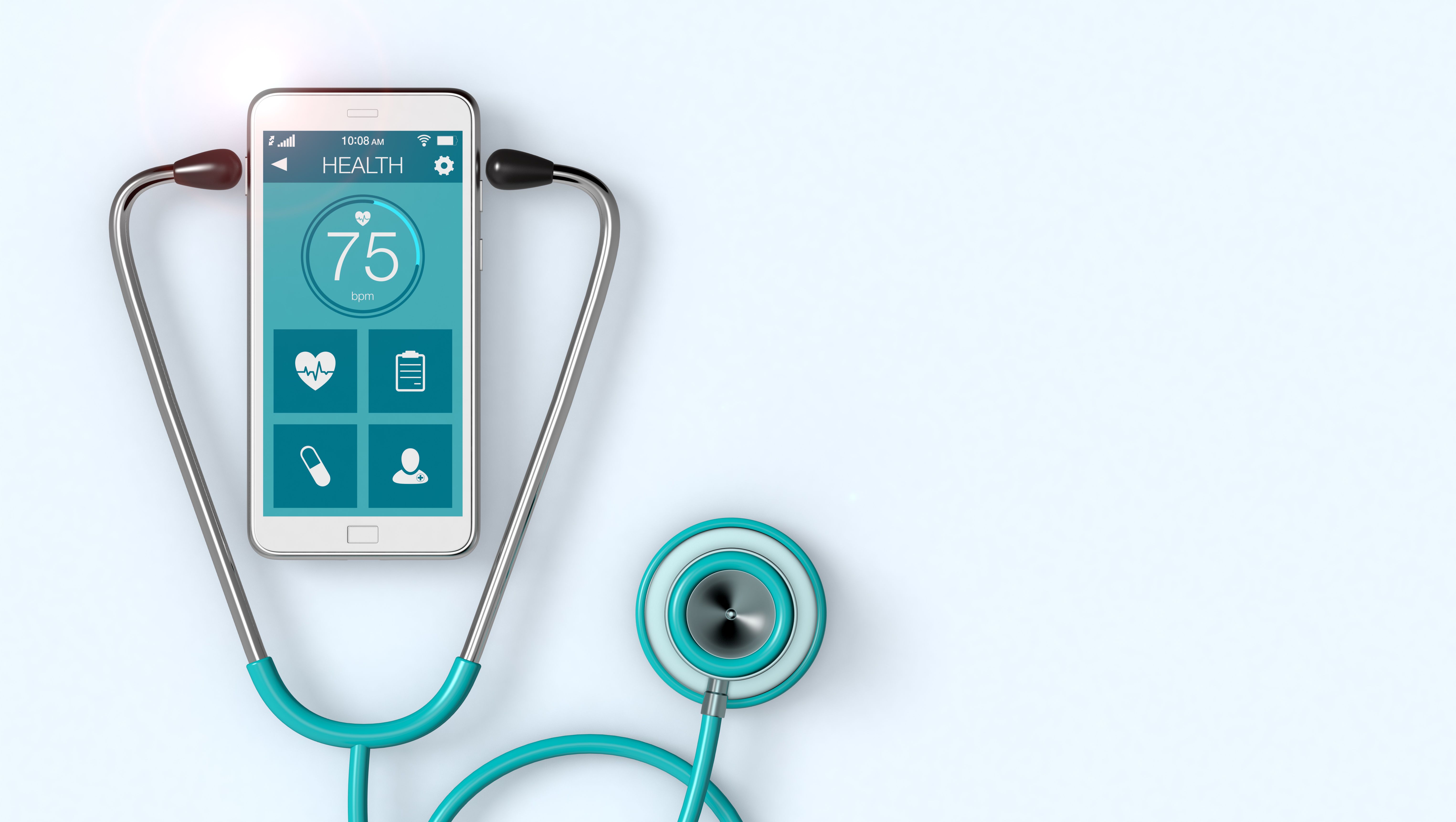Article
Most Diabetics Would Welcome Remote Digital Monitoring, Study Finds
Author(s):
An analysis of survey results from more than 1000 patients with diabetes from 30 countries indicates patients may be more open to remote digital monitoring than previously thought.

With telehealth and digital avenues of care growing in popularity as a result of the ongoing pandemic, results of a new study examining willingness of diabetic patients to adopt remote monitoring technology will come as a relief for clinicians.
Results of the study, which included more than 1000 adults with type 1 and type 2 diabetes from 30 countries, found 65% of patients would adopt remote digital monitoring even if it offered no or modest health improvements compared to their current monitoring.
“These findings are encouraging for the future use of RDM. Two-thirds of participants would adopt RDM if it were somewhat more effective than their current care at improving health outcomes, which may be feasible with existing technologies, although there is conflicting evidence,” wrote investigators. “Half of these participants would adopt RDM even if it were no more effective than their current care, potentially motivated by other benefits of RDM.”
With an interest in learning more about requirements of adult patients for adopting different remote digital monitoring scenarios, investigators designed a survey study and administered these surveys from February-July 2019. Survey participants were asked to assess 3 randomly selected scenarios from a total of 36 scenarios.
Scenarios described within the surveys described different combinations of digital monitoring tools, duration, feedback loops, and data handling modalities. Of note, digital monitoring tools included those used to monitor glucose, physical activity, and food monitoring and feedback loop options included feedback in consultation or real-time telefeedback by a health care professional or artificial intelligence.
In total, 1577 individuals consented to participate in the study. Of these 1010, assessed at least 1 vignette. This cohort had a median age of 51 (IQR, 37-63) years, 52% had type 1 diabetes, and 57% were women. Investigators collected a total of 2860 vignette assessments.
Upon analysis, results indicated 36% of participants would only adopt remote digital monitoring if it was much more effective at reducing hypoglycemic episodes compared to their current monitoring strategy. The remaining participants indicated they would adopt remote digital monitoring if was equal to or somewhat more effective than their current monitoring strategy.
Further analysis revealed the main factors associated with required effectiveness were food monitoring, real-time telefeedback by a health care professional, and perceived intrusiveness. Additionally, the minimum required effectiveness varied among participants—94% of remote digital monitoring scenarios were simultaneously required to be just as or less effective by at least 25% of participants and much more effective by at least 25% of participants.
“There is potential for large-scale implementation of RDM in diabetes care. The findings of this study suggest that RDM modalities that are seen as intrusive by patients may lead to greater requirements of health benefits to offset the psychological costs of RDM adoption,” added investigators.
This study, “Evaluation of Patient Willingness to Adopt Remote Digital Monitoring for Diabetes Management,” was published in JAMA Network Open.

FDA Approves Crinecerfont for Congenital Adrenal Hyperplasia



